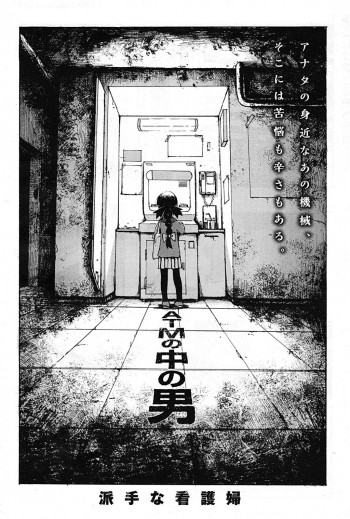Martial Peak Reviews
Lucy Smoke's The Demons We Hide is a gripping tale of resilience, transformation, and empowerment that delves into the darker aspects of human nature and the complexities of personal identity. The book's blurb sets the stage for a narrative that promises intensity and emotional depth, and Smoke delivers on this promise with a story that is as compelling as it is thought-provoking.
At the heart of the novel is a protagonist who defies the traditional roles often assigned to female characters in similar narratives. The unnamed heroine, initially portrayed as a victim of circumstance, evolves into a formidable force, challenging the very foundations of her captors' world. This transformation is not only central to the plot but also serves as a powerful commentary on the themes of agency and self-determination.
The Scorpion Kings, the enigmatic group that abducts the protagonist, are initially shrouded in mystery. Smoke skillfully unravels their motivations and dynamics, revealing a complex web of power, loyalty, and betrayal. The author does not shy away from exploring the moral ambiguities of her characters, allowing readers to engage with them on a deeper level. This nuanced portrayal of the Scorpion Kings adds layers to the narrative, making it more than just a simple tale of revenge.
One of the standout elements of The Demons We Hide is its exploration of the concept of villainy. The protagonist's declaration, "I am the villain in this story," challenges readers to reconsider their preconceived notions of good and evil. Smoke deftly navigates the gray areas of morality, illustrating that the line between hero and villain is often blurred. This theme is reminiscent of works by authors like V.E. Schwab and Sarah J. Maas, who similarly explore the complexities of their characters' moral compasses.
Character development is a strong suit of Smoke's writing. The protagonist's journey from a 'fallen princess' to a 'Queen' is both believable and inspiring. Her growth is portrayed with authenticity, capturing the internal struggles and external challenges she faces. Smoke's ability to convey the protagonist's emotional turmoil and eventual empowerment is a testament to her skill as a storyteller.
In addition to the protagonist, the supporting characters are well-crafted and contribute significantly to the story's depth. Each character, whether ally or adversary, is given a distinct voice and purpose, enriching the narrative tapestry. The interactions between characters are charged with tension and emotion, driving the plot forward and keeping readers engaged.
The novel's pacing is another aspect worth noting. Smoke balances action and introspection, ensuring that the story maintains momentum without sacrificing character development. The tension builds steadily, culminating in a climax that is both satisfying and thought-provoking. The resolution of the story leaves room for reflection, encouraging readers to ponder the implications of the protagonist's choices and the nature of power.
Smoke's writing style is both evocative and accessible, drawing readers into the world she has created. Her descriptive prose paints vivid pictures, immersing readers in the settings and emotions of the characters. The dialogue is sharp and realistic, capturing the nuances of human interaction and adding authenticity to the narrative.
Overall, The Demons We Hide is a compelling read that offers more than just entertainment. It is a story that challenges readers to think critically about the nature of power, identity, and morality. Smoke's ability to weave these themes into a captivating narrative is commendable, making this book a standout in the genre.
For readers who enjoy stories of empowerment and transformation, The Demons We Hide is a must-read. It stands alongside works by authors like Leigh Bardugo and Naomi Novik, who similarly explore the complexities of their characters and the worlds they inhabit. Smoke's novel is a testament to the power of storytelling to illuminate the darker corners of the human experience and inspire change.
In conclusion, Lucy Smoke's The Demons We Hide is a powerful exploration of the human spirit's capacity for resilience and reinvention. It is a story that will resonate with readers long after the final page is turned, leaving them to ponder the demons we all hide and the strength required to confront them.
























Reviews 0
Post a Reviews: